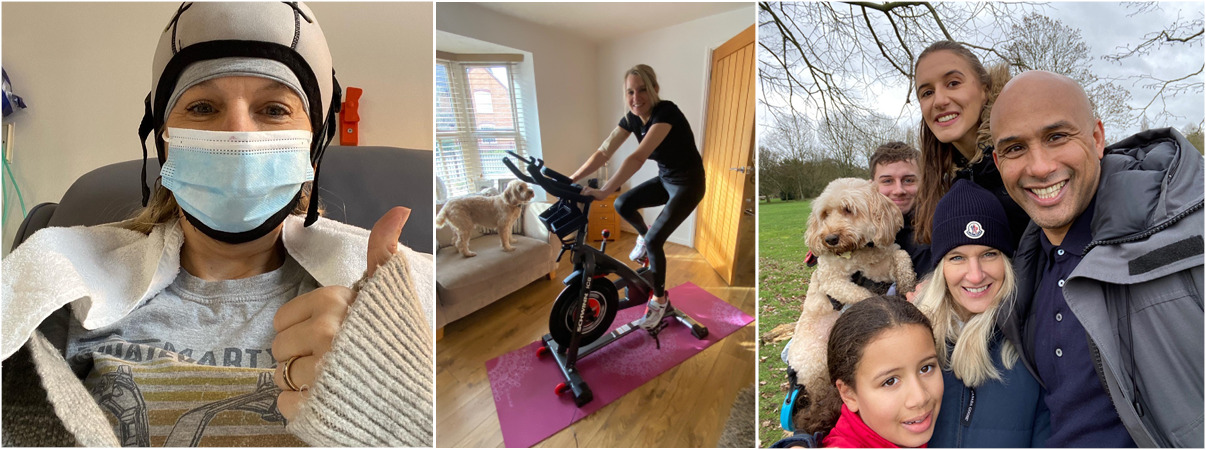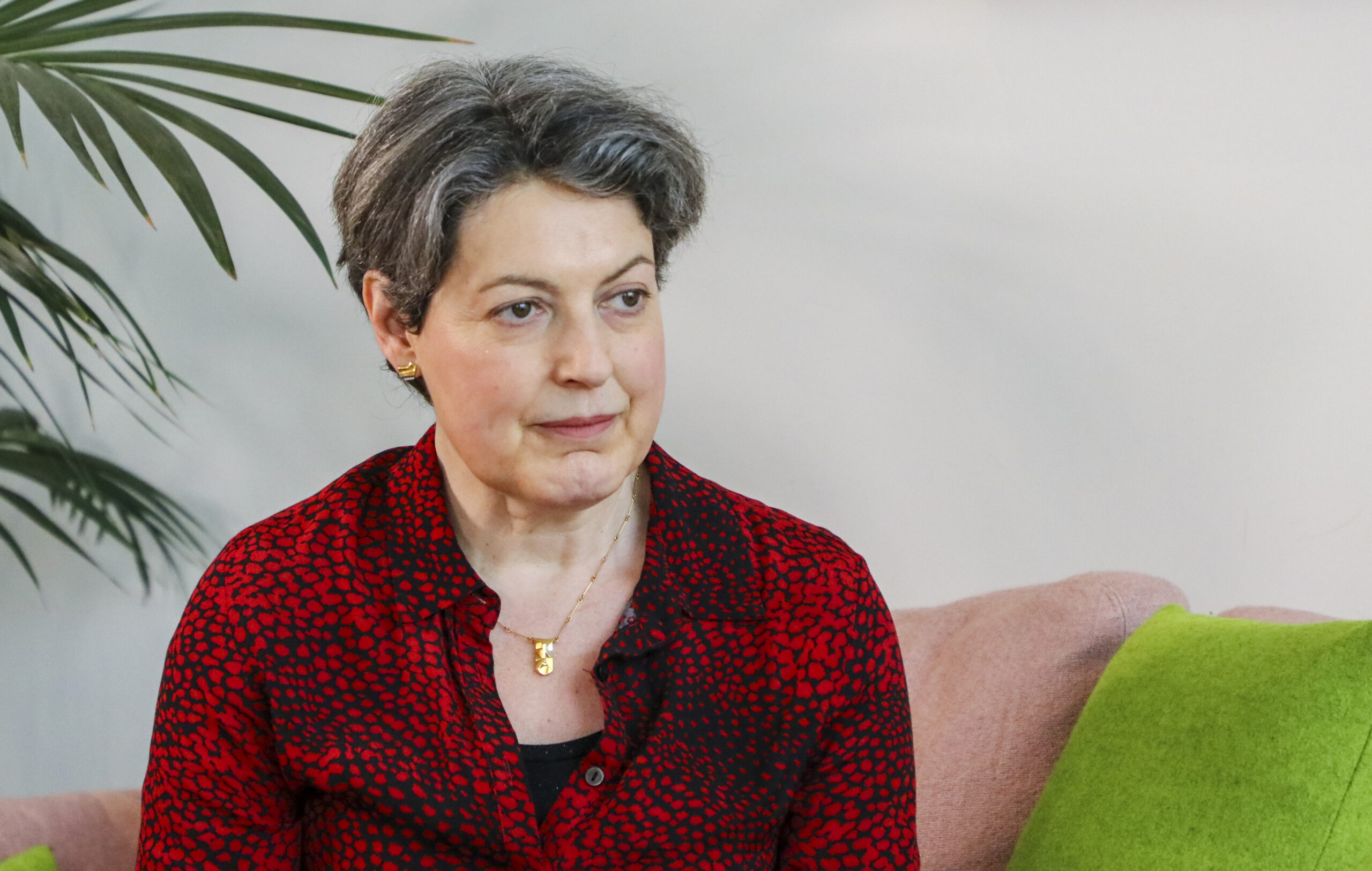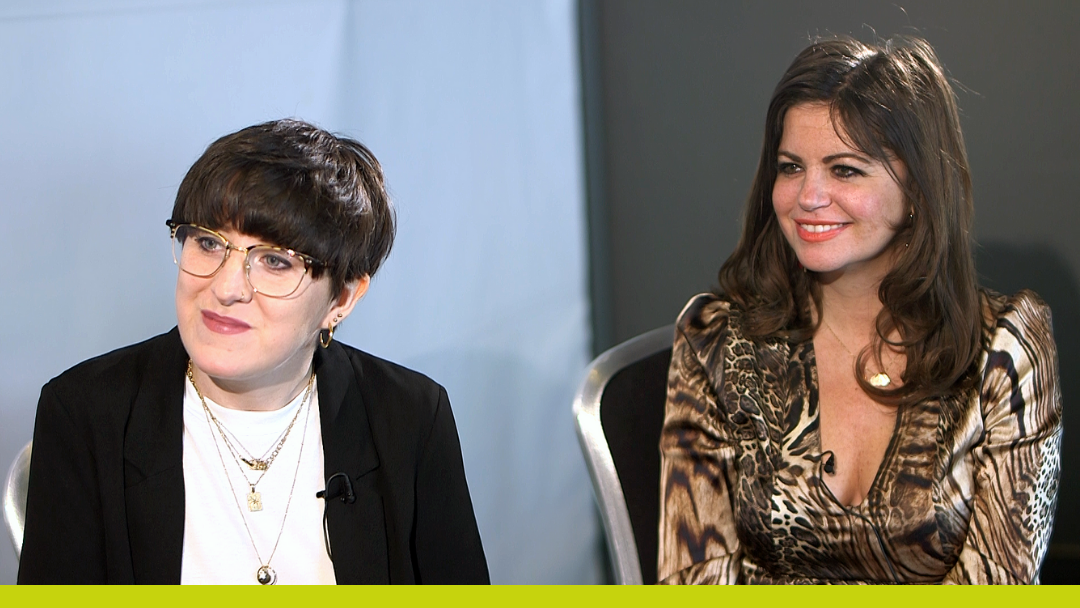This Bowel Cancer Awareness Month, Jennifer Chambers is sharing her bowel cancer story.
Mum-of-three Jennifer Chambers, 50, was misdiagnosed with menopausal symptoms after experiencing sharp stomach pains and fatigue for three years.
Jennifer said: “In February 2020, the pain in my tummy was getting worse and I was utterly exhausted. I went back to the GP and they attributed it to the menopause. Although I wasn’t totally convinced it was, that seed was planted and I accepted it.”
Bowel cancer can cause a variety of symptoms, many of which go unnoticed, or resemble symptoms associated with the menstrual cycle, such fatigue, cramping or bloating.
However, for Jennifer, the symptoms soon became crippling and further investigations were needed. A menopause specialist advised that both a blood test and stool sample were required. The stool sample detected protein; a colonoscopy later discovered a 4cm tumour. Further MRI scans showed that the cancer had spread to the lymph nodes and on both sides of the liver, making it inoperable and incurable.
Jennifer said: “Raising awareness of bowel cancer, especially in younger people, is so important to me. I’ve since met other people diagnosed with the disease and one of the things that keeps coming up is that symptoms are often dismissed or confused with something else.”
Bowel cancer is the fourth most common cancer in the UK with around 42,900 diagnoses each year (2016 – 2018). Public Health England and Public Health Wales have evidenced that the one-year net survival for bowel cancer decreases from 98% when the cancer is diagnosed at stage 1, to just over 40% when diagnosed at stage 4.
Jennifer’s takeaway messages for primary care professionals:
- Never assume anybody is too young to be diagnosed with specific cancers.
- Many cancer symptoms mirror that of the menopause. I was in my 40’s when I presented with extreme fatigue and some tummy discomfort.
- Try and rule out the worst-case scenario first. I know this can often be done by simple screening tests and not just blood tests alone. This may help catch cancer at the earlier stages.
- Treat people kindly and give them time to process things and ask questions.
Resources for primary care professionals:



